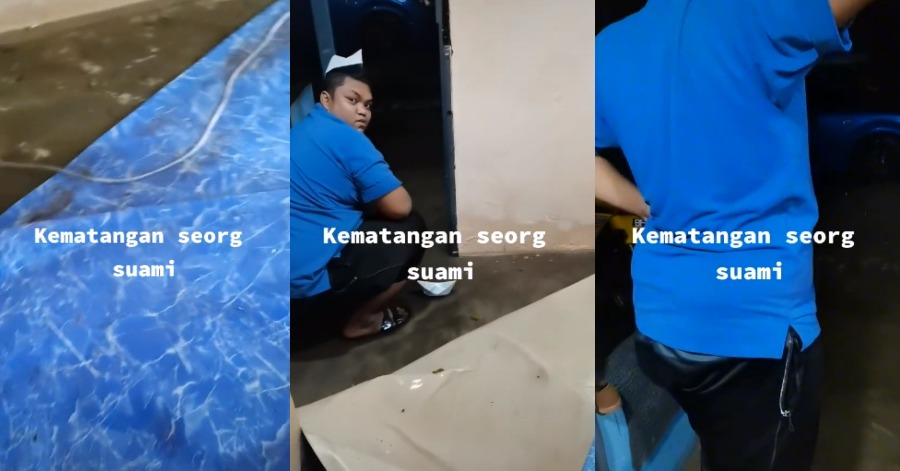Many people certainly do not know much about the appendix and appendicitis. This should be known by the community because it is very dangerous and can affect health.
And did you know that appendicitis is most affected in teenagers and young people?
Through a recent Instagram post, Dr. Amalina Bakri explained about appendicitis. Follow her sharing below:
“What is appendicitis? Appendix is a small pouch joined to the large intestine at a point called the caecum (where the small intestine joins the large intestine). It is about 5-10cm long,” said Dr. Amalina.
“Appendicitis is inflammation and infection of the appendix. Commonly caused by blockage of mucus or feces (poo). When the blockage happens, the appendix swells up, becomes infected which can cause pus formation,” she added.
“If the appendicitis is not treated at this point, it might perforate (bursts). This can be very serious as the content of the bowel will spill into the abdominal cavity and can make you very unwell. It can cause serious infection to the lining of the abdomen (peritonitis) or can cause the formation of abscesses in the abdomen,” she continued.
Dr. Amalina also explains the symptoms of appendicitis. Here are the symptoms:
- Tummy pain – typically pain starts in the middle of the abdomen and then moves to the lower right-hand side of the abdomen. The pain becomes worse and worse over 24 hours. Moving or coughing makes it worse.
- Fever and feeling generally unwell
- Feels sick and reduced appetite or you may vomit
- Constipation or diarrhea
- Pass urine more than usual
According to Dr. Amalina again, sometimes the symptoms are unusual, making it difficult to diagnose. Pain may be in the left or middle part of the abdomen especially when the appendix is in an unusual place.
How to identify it?
- Blood test – raised inflammatory markers can be an indicator of appendicitis
- Sometimes you may need an ultrasound or CT scan to rule out other causes and confirm the diagnosis (depends on your history and examination)
- Urine test
- Pregnancy test (for women of childbearing age) to rule out an ectopic pregnancy (pregnancy outside of your womb)
- Sometimes the operating surgeon may want to wait and see for a few hours while you’re being monitored in the hospital – in order to see how the signs/symptoms develop
Through treatment, there are two methods that are:
- Surgery (normally done via keyhole surgery – laparoscopic)
- Antibiotics
View this post on Instagram
Source: Dr. Amalina Bakri









Leave a Comment